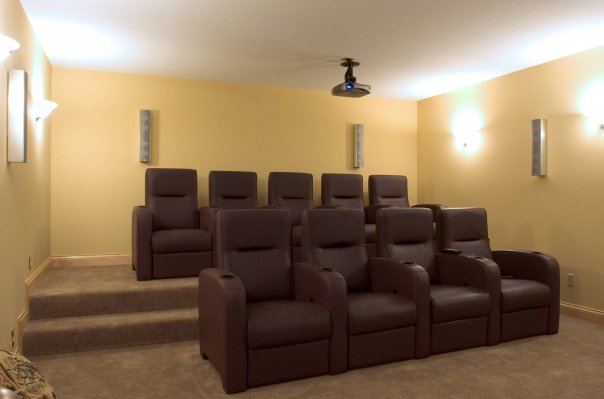Your Twin Cities
Real Estate Expert
Let us find or sell your home
Meet Our Team
The Brand
M. Robert
Signature Homes
35 Years of: Expertise & Guidance, Transaction Management, Marketing & Exposure, Access & Resources, Protection & Peace of Mind

Dreams we've
created over the years
Over the past 35 years we've built a number of
dream homes for some amazing people.
Our 4 Pilars to success
With 35 years of experience, take pride in focusing on 3 main pilars to
make your home buying or selling process a breeze.
FAQ
Why you can trust
M. Robert Signature Homes
The market value is determined by a comparative market analysis (CMA), which looks at recent sales of similar properties in the area, adjusted for differences in size, condition, and features. A professional appraisal may also be used.
This varies, but you can check listing history on real estate platforms or ask the seller’s agent. Longer times may indicate pricing issues or lack of demand.
A home inspection will reveal the condition, but sellers often disclose known issues. Look for recent maintenance records or upgrades to gauge upkeep.
Ready to get started?
Contact us today for a consult
Blog
The Home Buyers Guide
Tips and more for those looking and thinking about purchasing a home in the Twin Cities.
















